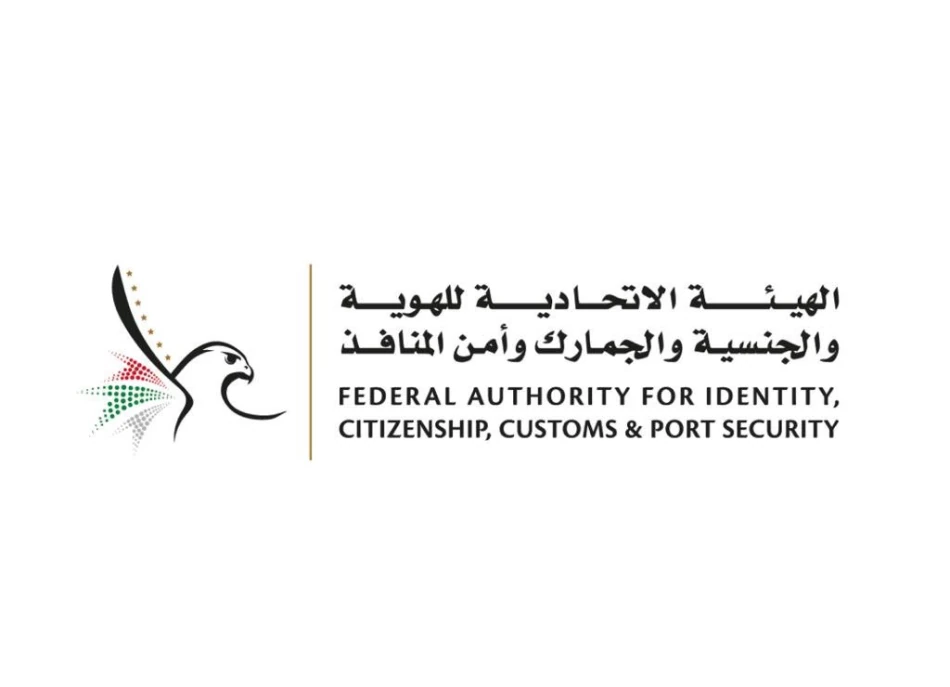
One-Step Renewal: Seamless Emirati Identity Transformation for UAE Citizens
UAE Streamlines National ID Services with One-Step Digital Revolution
The UAE Federal Authority for Identity, Citizenship, Customs and Port Security has unveiled a major overhaul of its national identity card services, consolidating replacement and renewal processes into a single streamlined step. The reform automatically determines card validity periods based on the applicant's age, mirroring the country's passport service model and marking another leap in the Emirates' digital government transformation.
Digital Government Leadership Takes Center Stage
This administrative simplification represents more than bureaucratic efficiency—it signals the UAE's continued commitment to positioning itself as a global hub for seamless digital services. By reducing multi-step processes to single transactions, the Emirates is addressing a core pain point that has historically frustrated citizens and residents across government interactions worldwide.
The age-based validity system introduces intelligent automation that eliminates guesswork for applicants. Rather than navigating complex renewal timelines, citizens now benefit from a system that calculates optimal card lifespans based on demographic data, reducing future administrative burden for both users and government departments.
Regional Competition Drives Innovation
The UAE's move comes as Gulf states intensify competition for talent and investment through superior government services. Saudi Arabia's Vision 2030 digital transformation and Qatar's smart city initiatives have pushed regional governments to accelerate bureaucratic modernization. The Emirates' one-step ID process positions it ahead of neighbors still operating legacy multi-stage systems.
Benchmarking Against Global Standards
Singapore's legendary government efficiency and Estonia's digital-first citizenship model have long served as benchmarks for emerging digital economies. The UAE's latest reform suggests it's not merely following international best practices but potentially setting new standards for government service delivery in the Middle East and beyond.
Economic and Investment Implications
Streamlined identity services directly impact business formation and expatriate onboarding—critical factors for the UAE's economic diversification strategy. Simplified government interactions reduce friction for entrepreneurs launching startups, multinational corporations establishing regional headquarters, and skilled professionals relocating to the Emirates.
For investors evaluating regional opportunities, efficient government services serve as proxy indicators for broader institutional quality. The UAE's continued administrative improvements strengthen its value proposition against competing financial centers like Dubai International Financial Centre versus Saudi Arabia's emerging NEOM project.
Technology Infrastructure Behind the Scenes
The seamless one-step process likely relies on integrated databases linking identity, immigration, and demographic records. This backend sophistication enables real-time age verification and automatic validity calculations—technical capabilities that require substantial government IT investment and inter-agency coordination.
Such integration positions the UAE for future innovations like blockchain-based digital identity, biometric authentication, and cross-border identity verification systems that could further enhance its status as a regional technology leader.
Most Viewed News

 Sara Khaled
Sara Khaled






